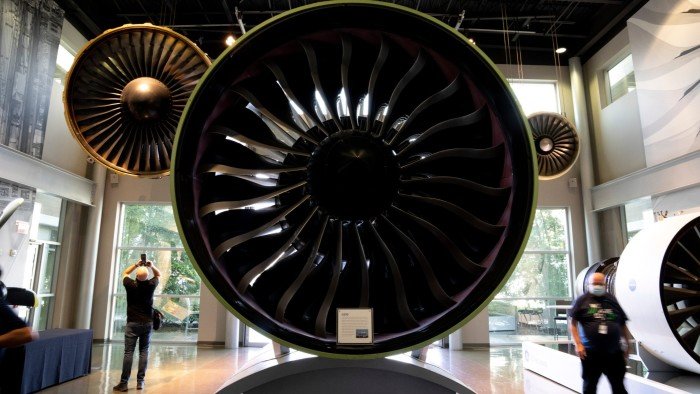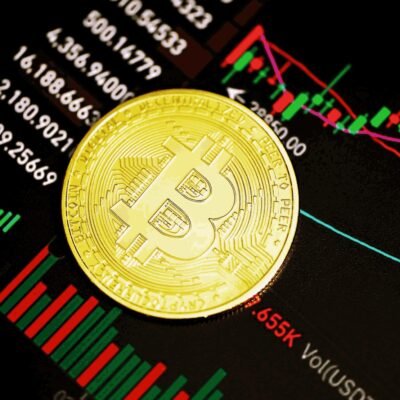Sir Christopher Hohn’s activist hedge fund TCI has risen 21 per cent this year, according to two people who have seen the numbers, as bets on jet engine manufacturer GE Aerospace, Visa and Microsoft came good.
The gains for The Children’s Investment Fund, which manages just over $70bn in assets, are more than triple the returns of the US S&P 500 index, and reinforce Hohn’s status as one of the world’s most successful equity hedge fund managers.
TCI has held a multibillion-dollar stake in GE Aerospace, which has soared 47 per cent this year, according to US regulatory disclosures. The company makes jet engines for commercial and military applications and was spun out of General Electric following the conglomerate’s break-up last year. The fund held a $7.7bn stake as at the end of last year, and a $9.5bn position as of the end of March, according to the disclosures.
The fund also benefited from its multibillion-dollar stake in Microsoft, a position it has held on and off for some time and which has climbed 17 per cent this year. In addition, it has profited from a position in US payments company Visa, which is up 12 per cent.
However, stocks it has been holding, such as Canadian National Railway and Alphabet, the parent company of Google, are both slightly down so far this year.
Hohn is known for holding a concentrated portfolio of stocks for long periods rather than spreading out his bets like many other hedge funds of comparable size.
He also has a reputation for publicly taking on company management when he disagrees with their decisions. For instance, he successfully called for board changes at Spanish telecoms company Cellnex in 2023 and pushed Airbus to give up its bid to acquire a stake in the cyber security arm of French IT company Atos. He also called for headcount reductions at Google parent Alphabet in 2022 and 2023.
Meanwhile, hedge funds Citadel and Millennium were up 2.5 and 2.2 per cent in the first half of this year, according to people familiar with the matter, with the slow start partly down to losses they sustained during the market volatility triggered by US President Donald Trump’s trade war earlier this year.





